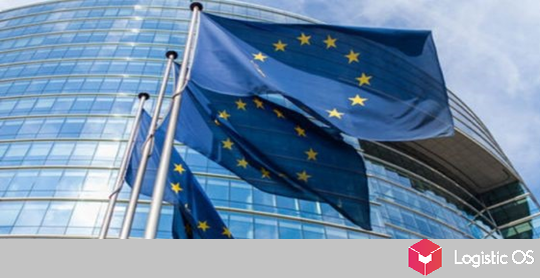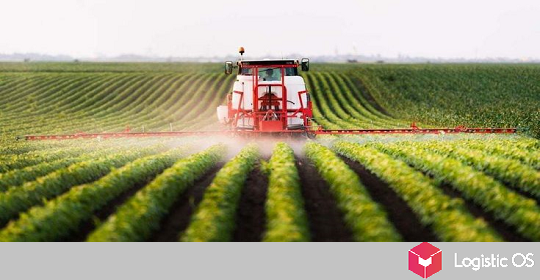In the EU, 2 problems overlap each other: the risks of a physical shortage of sugar and its high price.
Currently, according to Eurostat, the cost of sugar has increased by 61% compared to the same period last year.
And this is not the limit. After all, the sugar harvest may be less than planned.
What threatens the harvest in the EU?
First, the weather. Over the past few years, especially in 2022, extreme heat and drought have resulted in almost nothing growing in the fields, this also applies to sugar beets.
By the way, it’s not just the European Union.
Many other producing countries also have problems with weather conditions. As a result, this year, for example, India, which is one of the largest sugar producers in the world, can introduce export quotas.
In addition, European supervisory authorities have very high requirements for the production technology of the same sugar beet.
For example, seeds must be treated with neonicotinoids, and they are not always available.
So up to 10% of French farmers have decided not to plant sugar beets at all, because they could not purchase these substances.
The European Court was strongly asked to cancel this requirement in an emergency, but they did not go forward.
All this can lead to very sad consequences, because if there is not enough sugar beet, it will be a heavy blow to processing enterprises.
As a result, there is a risk that as early as this September, factories will begin to close, and people will lose their jobs.
In addition, European officials are not going to abolish tariffs for the import of white sugar into the European Union for the time being, in such a situation there is a high probability that this product may indeed become scarce.
Will the price of sugar continue to rise?
According to the UN FAO, now its value is at its highest since 2016.
The reasons are the same: poor harvest prospects in India, China and Thailand, which are among the five largest sugar producers on the planet.
Currently, sugar prices have gone down a little because sugar cane from Brazil has begun to enter the market, but globally this does not solve the problem of shortages, experts warn.
Currently, not only in Europe, but also in other countries are faced with a rise in sugar prices.
For example, the British Farmers Union and British Sugar have entered into a procurement contract where prices are 48% higher than last year. Against this background, sugar in Britain has risen noticeably in recent years.

